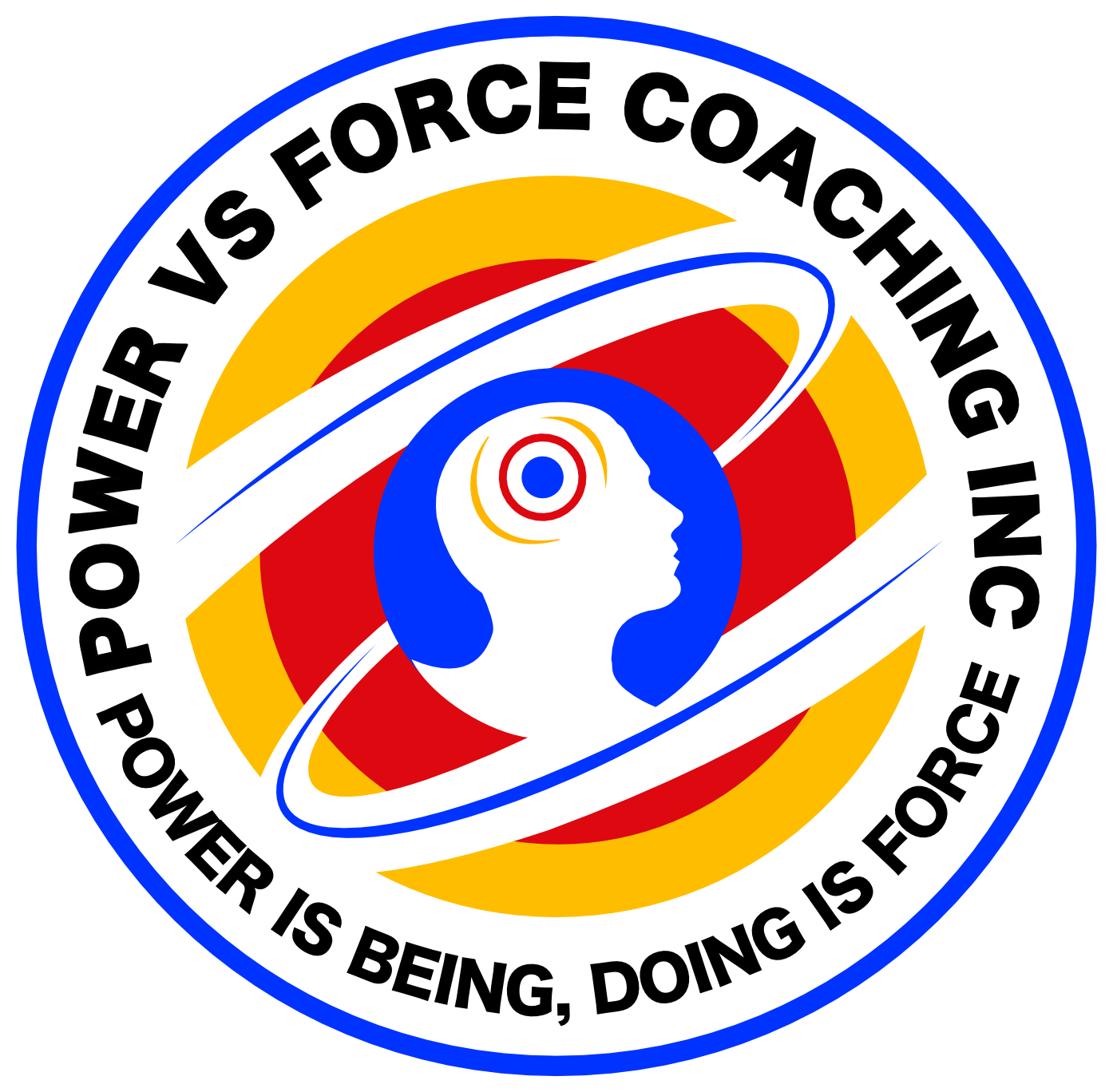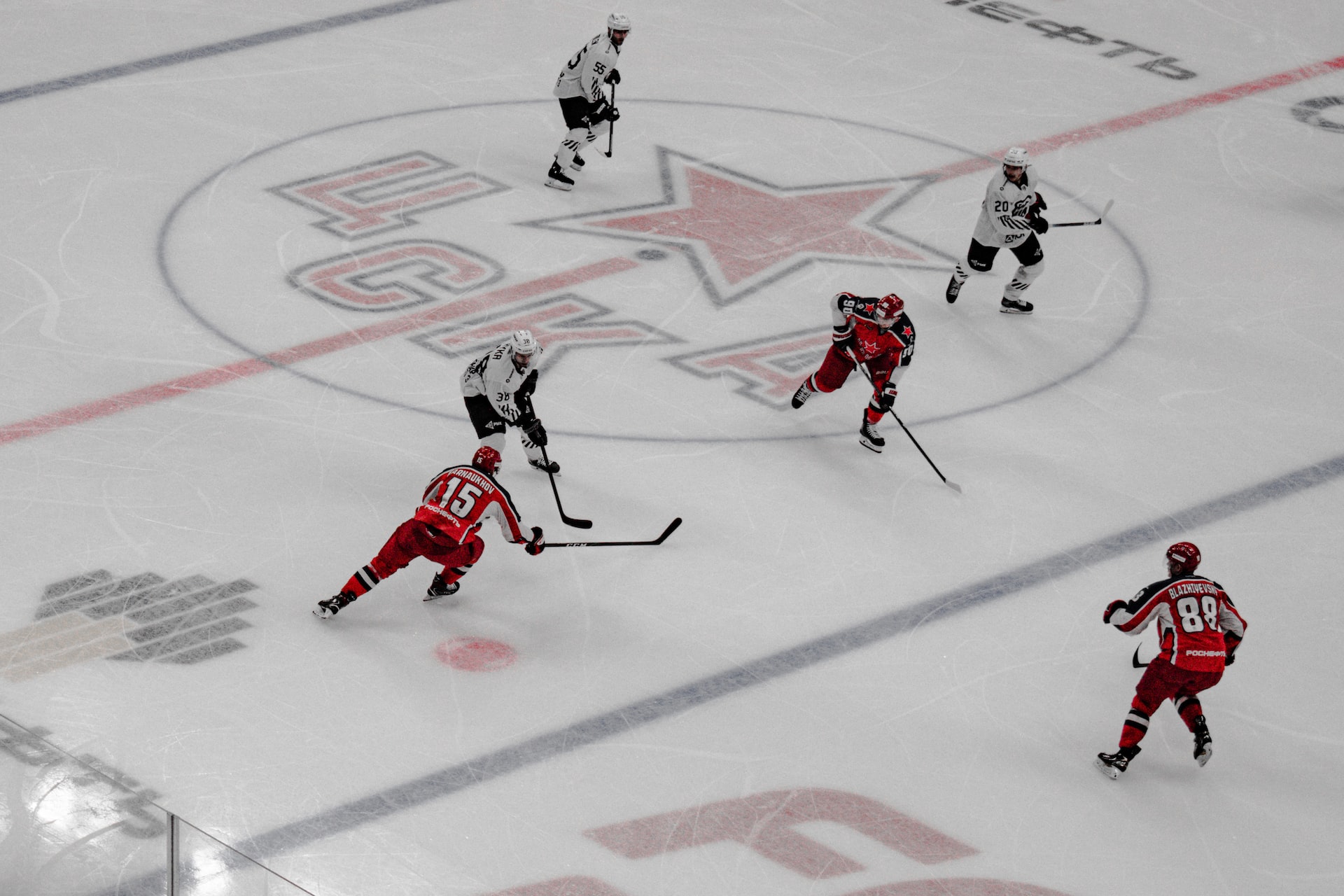Peak hockey performances are achieved when the mind and body are in sync. This is
accomplished by learning to control your energy levels and directing it to where you want it to
go — into the present moment where the actual game is being played.
Understanding the mind/energy connection to hockey performance can a game changer. It can
also help differentiate top performers from just the average players. With their mental and
physical characteristics, elite-level hockey players can reach another level of play by learning to
effectively managing their energy.
Energy is never created or destroyed. But it can be transformed into other forms. And in the
game of hockey that is exactly what happens.
The best players and teams in the world know that when they go into a high-pressure game, they
need to be well rested. Their muscles need to be full of high-quality, ready-to-use fuel for an
explosive performance. They need mental clarity and focus. They know that every shift counts —
there’s no time or energy to waste through lack of preparation due poor sleeping or fueling
choices. The elite performers have consistent rituals and routines in preparation to be able to play
at their highest level.
Energy is the driving force behind hockey performance. Whether it is the response to a sudden
cut-back by an opposing player, a power move against the boards or an explosive slapshot,
energy is the key factor to hockey success. 100% Energy engagement is needed to have the being
in the ‘flow’ experience.
Although it may be easier for younger players to master this mind/energy connection to access
the hockey zone, where effective performances become effortless. By learning and
understanding energy management, anyone hockey player can become more effective on or off
the ice.
Energy, not talent, is the driver behind peak athletic performances. That’s why maintaining
positive energy flow is so important to peak performance. In game day situations, the best
players are fun to watch because they have positive energy flow. Energy is contagious, and the
locker room creates a mutual support network of positive emotions that reduces stress.
A formula has been developed which helps to understand the mind/energy relationship in
performance enhancing. Performance = Potential – Interference. More stress means less skill. If a
player can’t get rid of or reduce stress, he cannot perform to his full potential capacity.
When a player gives all their energy to their game and focuses on the present now, they have
much more success. This all seems like an obvious conclusion. If a player is not thinking about
how much ice time they are getting, how many goals they are going to score, or how the scouts
are rating their play, but just thinks about doing the best job possible in the here and now, then
that player will start to become more effective when it matters the most.

Why Acceptance Is the Game-Changer Your Young Player Needs
In hockey, as in life, setbacks happen.




